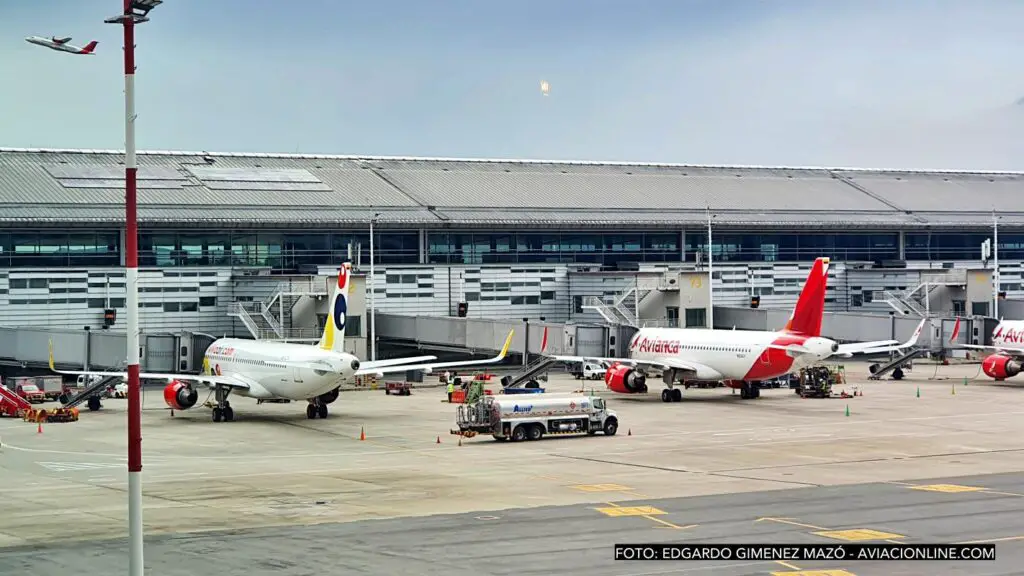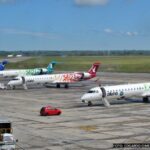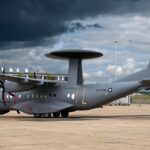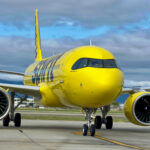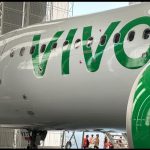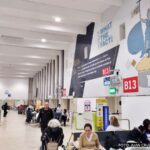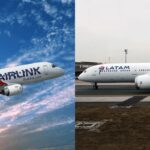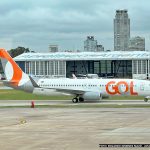With the deadline established by the administrative procedures about to expire, Avianca and Viva filed this Wednesday (23) an appeal before the Civil Aeronautics of Colombia in which they proposed five points that, in their position, «reflect the concerns of the authority and evidence the will to maintain the connectivity of the regions and the jobs that Viva generates in Colombia».
Both companies have proposed to return a relevant percentage of slots at Bogota’s El Dorado airport and to cede slots with associated assets to competitors, so that other airlines can expand their presence in Colombia’s main terminal.
Secondly, they commit to maintain the Viva brand and the associated low-cost model, preserve the «largest number of jobs, keep a number of its aircraft and the operation of the routes on which Viva flies exclusively».
On the other hand, they propose to enable a fare protection on the three routes where both companies operate 100% of the offer.
In addition, Avianca and Viva propose to enter code-sharing or interline agreements with the state airline Satena on those routes where the latter is the sole operator, to strengthen its social role and make isolated territories in Colombia more competitive.
Finally, they are also committed to maintain the interline agreements that Viva already has with other airlines.
«We are open and willing to continue building the history of Colombia and to contribute to the strengthening of the air market so that the country is increasingly more and better connected,» said Adrian Neuhauser, president and CEO of Avianca.
«For this reason, we put different alternatives on the table so that the authority can study them in light of protecting the greatest number of formal jobs; maintaining the regional connectivity that Viva offers; as well as its brand and what makes it special. All this, aimed at ensuring the general welfare of air transport users, especially those who have flown for the first time thanks to Viva», he added.
Avianca also stated that it trusts that the Colombian government will consider these alternatives, and that, in case it maintains its position of making it impossible to rescue Viva, it will do «within the legal and operational capacity it currently has, everything possible to meet the demand and needs of the country in the event of the possible disappearance of a competitor».
On November 8 Aerocivil issued a negative opinion on the integration of Avianca and Viva, assuring that the study they carried out concluded that the integration represents risks for competition in the airline industry and the welfare of consumers, and that it would impact the competitive environment, setting the aviation market back seven years.

